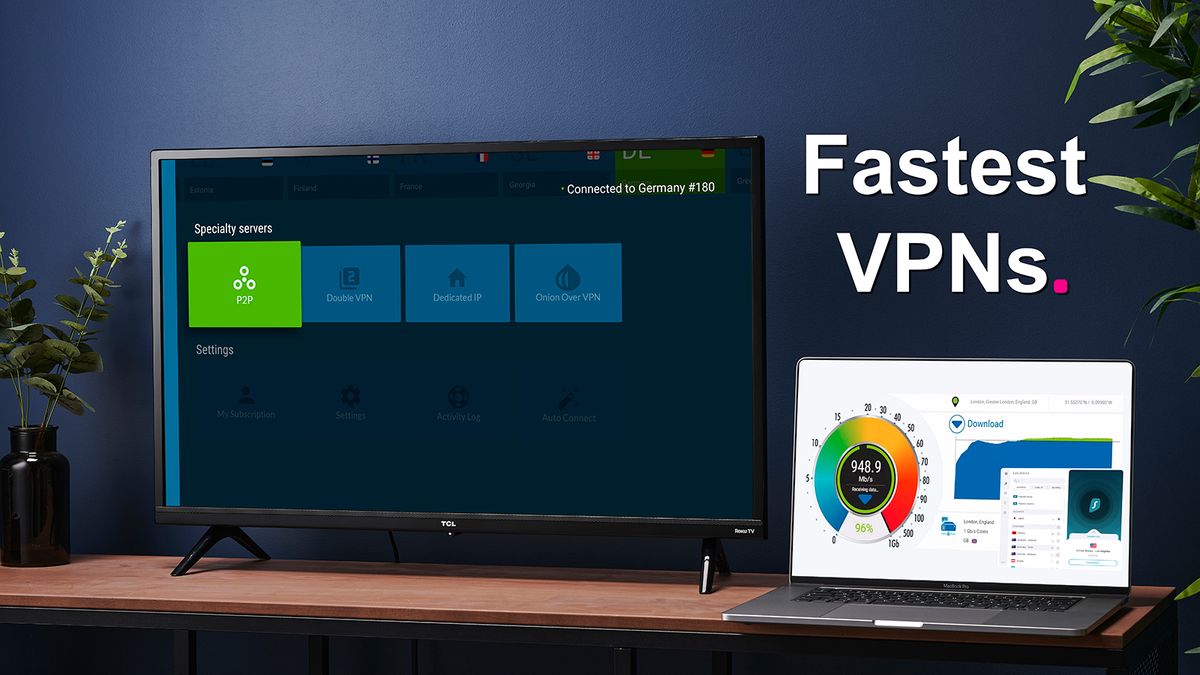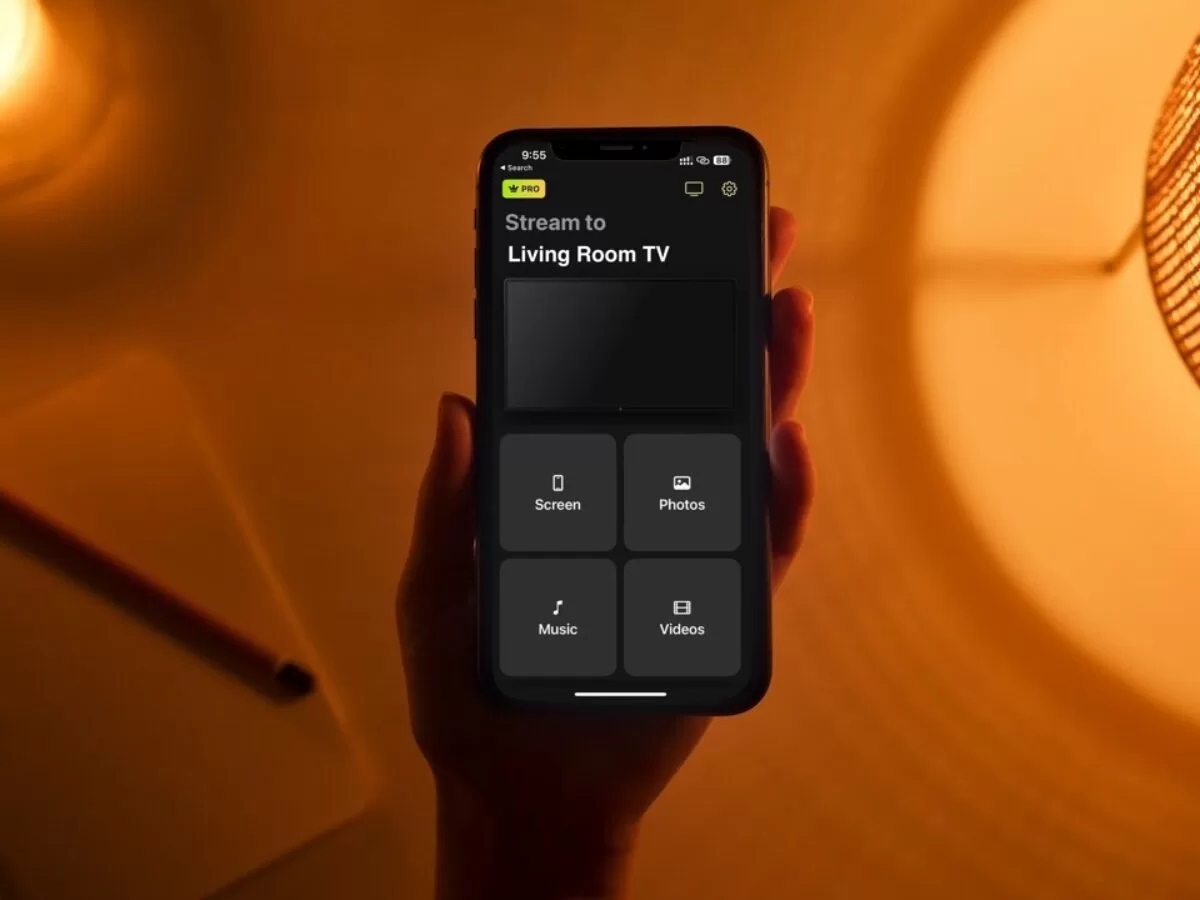Home>Software and Apps>Enhancing Gaming Experience with VPNs


Software and Apps
Enhancing Gaming Experience with VPNs
Modified: September 5, 2024
Enhance your gaming experience with top VPN software and apps. Stay secure and access restricted content with the best VPNs for gamers. Discover more!
(Many of the links in this article redirect to a specific reviewed product. Your purchase of these products through affiliate links helps to generate commission for Techsplurge.com, at no extra cost. Learn more)
Table of Contents
What is a VPN?
Understanding VPNs is essential before exploring their gaming benefits. A VPN creates a secure, encrypted connection between your device and a server. This connection masks your IP address, making it appear as though you're accessing the internet from a different location. While commonly used for privacy and security, VPNs also offer several advantages for gamers.
How VPNs Enhance Gaming Experience
Reduced Lag and Ping
VPNs can reduce lag and ping times. By connecting to a VPN server, data travels a shorter distance to reach the game server, significantly lowering latency. This is crucial for online multiplayer games where even a fraction of a second can impact reaction time.
Improved Connection Stability
Routing traffic through a VPN server can improve internet connection stability. This helps avoid issues like packet loss or throttling from your ISP, ensuring your game stays connected and responsive, reducing disconnections or lag spikes.
Access to Geo-Restricted Content
Many games are only available in certain regions. A VPN allows you to bypass these restrictions by making it appear as though you're accessing the game from a different country. This is useful for gamers wanting to play titles not available in their region.
Enhanced Security
Security is crucial for gamers. A VPN encrypts all data transmitted between your device and the server, protecting you from cyber threats like DDoS attacks or data breaches. This is especially important for competitive gamers who may be targeted by hackers.
Better Server Selection
VPNs provide access to multiple servers in different regions. This allows you to choose the server offering the best performance for your needs. For example, if you're playing a game with servers in North America but live in Europe, you can connect to a VPN server in North America for better latency.
Key Benefits of Using a VPN for Gaming
Consistent Performance
VPNs ensure consistent performance by reducing latency and improving connection stability. This ensures your game runs smoothly without interruptions.
Enhanced Privacy
Privacy is another critical aspect. By encrypting all data transmitted between your device and the server, you protect yourself from ISP throttling or monitoring, which can affect your gaming experience.
Access to Exclusive Content
Some games are geo-restricted due to licensing agreements or other reasons. A VPN allows you to access this exclusive content by making it appear as though you're accessing it from another region.
Protection Against DDoS Attacks
DDoS attacks are common threats faced by online gamers. These attacks overwhelm servers with traffic, causing them to become unresponsive or crash. A VPN can help protect against such attacks by encrypting data and masking your IP address.
Multi-Platform Support
Many modern VPNs offer multi-platform support, allowing use across various devices such as PCs, consoles (like PlayStation and Xbox), smartphones, and even smart TVs. This flexibility ensures enhanced gaming performance on any device you use.
Choosing the Right VPN for Gaming
Server Locations
Look for VPNs with servers in multiple regions worldwide. This gives more options when choosing a server that offers low latency and fast speeds.
Speed and Performance
Opt for a VPN offering fast speeds and low latency. Some VPNs may slow down your internet connection due to encryption overhead or other factors, so choose one that balances security with performance.
Security Features
Ensure your chosen VPN has robust security features such as AES-256 encryption, kill switches, and DNS leak protection. These features help protect your data from cyber threats while ensuring uninterrupted gaming sessions.
Customer Support
Good customer support is crucial when dealing with technical issues related to your VPN connection. Look for providers offering 24/7 support via multiple channels like live chat, email, or phone.
Compatibility with Gaming Platforms
If using multiple gaming platforms like PC, console, or mobile devices, ensure your chosen VPN supports all these platforms seamlessly.
Free Trials or Money-Back Guarantees
Many VPN providers offer free trials or money-back guarantees, allowing you to test their services before committing financially.
Top VPNs for Gaming
ExpressVPN
Known for fast speeds and an extensive server network across 94 countries, ExpressVPN is popular among gamers due to its ability to reduce latency and improve connection stability.
NordVPN
With over 5,000 servers in 59 countries, NordVPN offers excellent performance and robust security features like double encryption and a kill switch.
CyberGhost VPN
This VPN offers a user-friendly interface and supports multiple platforms including Windows, macOS, iOS, Android, and more. It also provides access to over 7,000 servers worldwide.
Private Internet Access (PIA)
PIA is known for affordability and an extensive server network with over 3,000 servers across 77 countries. It also offers advanced security features like split tunneling.
Read more: Enhancing Xbox Gaming with ExpressVPN
Surfshark VPN
Surfshark stands out with its unlimited device connections feature, making it ideal for households with multiple gamers using different devices simultaneously.
Setting Up Your VPN for Gaming
Download and Install the VPN Software
Visit your chosen VPN provider's website and download the software compatible with your device (PC, console, etc.).
Create an Account
Sign up for an account if you haven't already done so. Some providers offer free trials or money-back guarantees, useful for testing their services.
Read more: The Effectiveness of VPNs
Connect to a Server
Launch the VPN software and connect to a server geographically close to your game server or one previously tested for optimal performance.
Adjust Settings as Needed
Depending on specific needs, adjust settings like protocol (OpenVPN/TCP/UDP), port number, or even split tunneling if available.
Monitor Performance
Keep an eye on ping times and overall performance during gameplay to ensure everything runs smoothly with minimal lag.
Common Issues with Using VPNs for Gaming
Read more: What Are AR Games
Latency Increase
Some users might notice an increase in latency when using certain VPN protocols like OpenVPN over TCP. Switching to UDP might help mitigate this issue.
Server Selection
Choosing the right server location is crucial for optimal performance. Experiment with different servers until finding one that works best for specific needs.
ISP Throttling
In some cases, ISPs might throttle traffic from known VPN servers, affecting performance negatively. Using a reputable provider with multiple exit nodes can help mitigate this risk.
Compatibility Issues
Ensure your chosen VPN supports all platforms used for gaming, as compatibility issues could lead to poor performance or disconnections.








